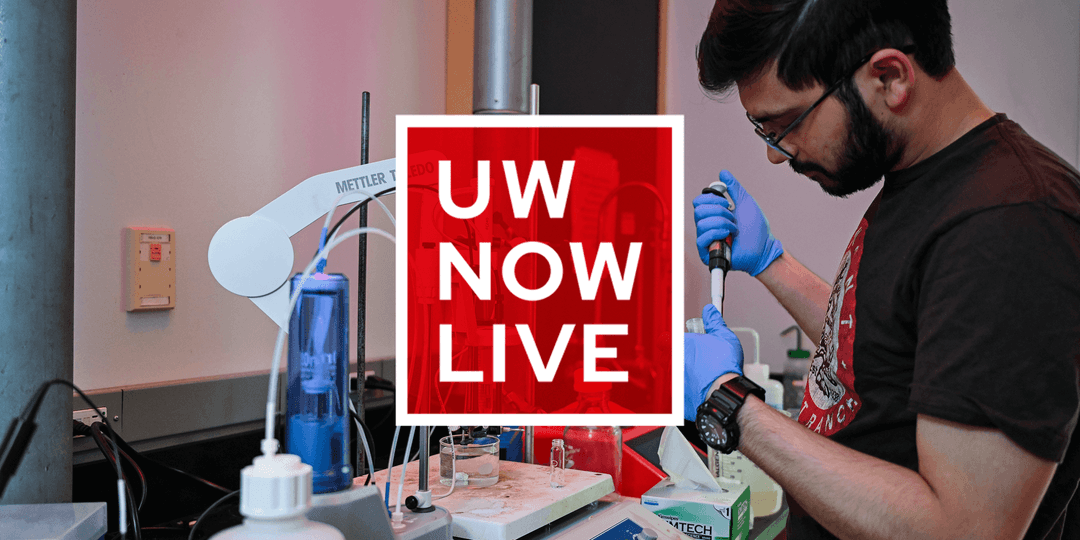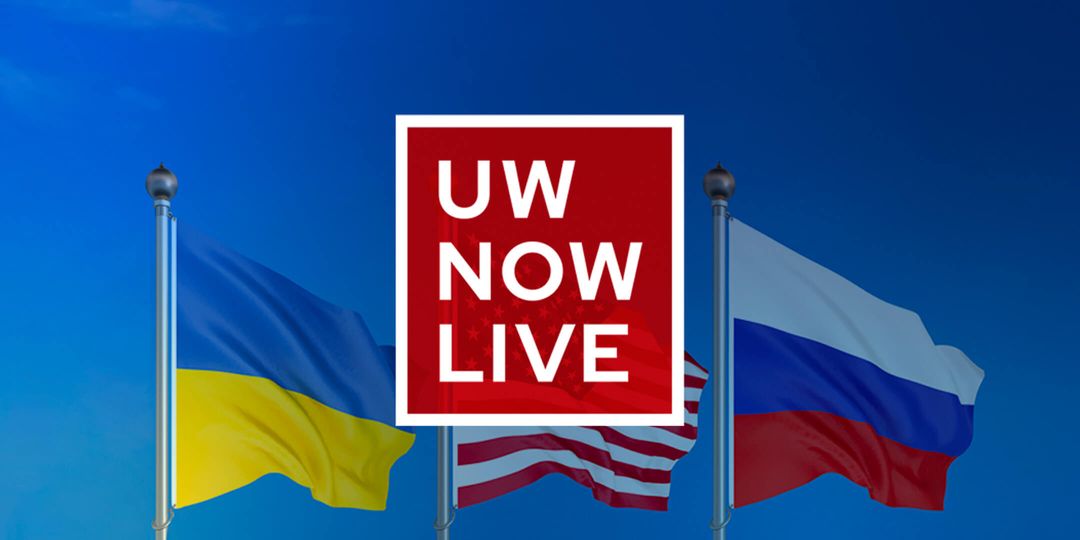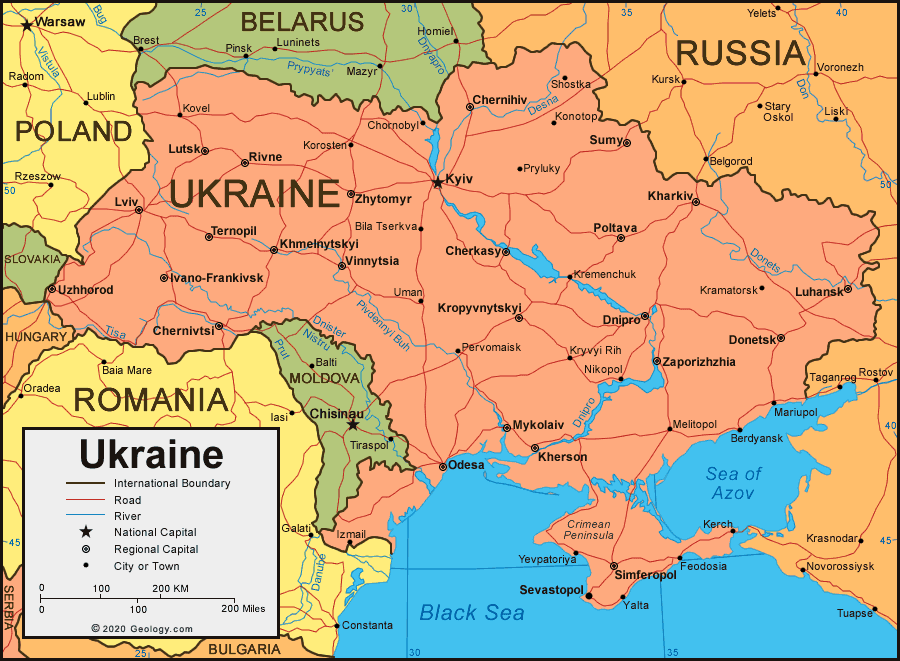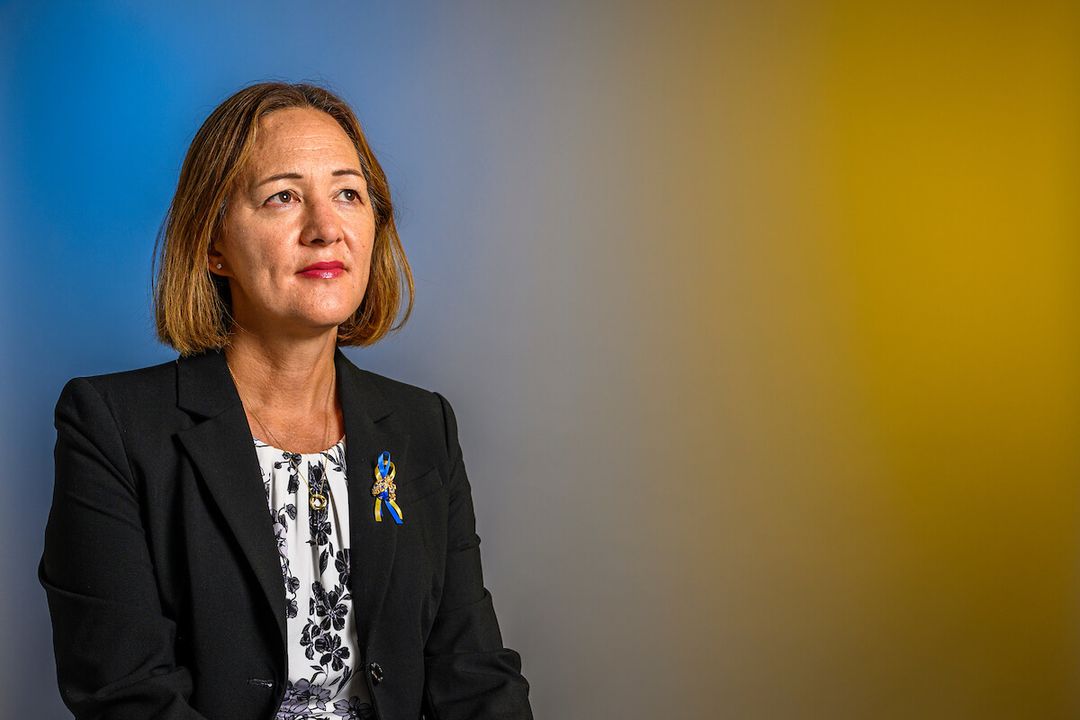“We have to be playing the long game,” said Beth Olson ’85, asking listeners to maintain a healthy diet during this COVID-19 winter. “Each day, we need to think about what we can do to be healthy, but what’s most important is how we eat over the long term.”
Olson, an associate professor in the Department of Nutritional Sciences, joined director of UW's physical education teacher education program Cindy Kuhrasch for a discussion of wellness in the winter months during the December 15 episode of The UW Now Livestream. Olson talked about healthy eating, while Kuhrasch covered the health benefits of physical activity.
Winter Wellness During COVID-19
Holiday meals have gained a dark reputation among public health experts during the coronavirus pandemic. But Olson maintains that there are important benefits to upholding some spirit of festivity. “During this time especially,” she said, “[eating] is something we do to be merry, and that’s okay.” She described several ways to provide a festive holiday gathering using virtual technology.
Kuhrasch also said that people should keep the long game in mind, though she meant it in a more literal sense. People should keep up physical play, not only for their fitness but also for their cognitive and social health.
“Our program,” she said, “has really begun to understand the fact that movement can be used as the medium through which we can experience relational growth, social and emotional growth, and cognitive growth.”
How to Be Mindful
Kuhrasch and Olson each gave a brief presentation and then took questions from viewers who followed the event live on YouTube. Mike Knetter, president and CEO of the Wisconsin Foundation and Alumni Association, hosted the conversation and served as moderator.
Ultimately, Kurasch emphasized that people need to be mindful of building and maintaining wellness because the COVID-19 pandemic is not creating unhealthy behaviors so much as accelerating ones that had been growing over time. People should apply lessons about healthy eating and healthy exercise not just in the coming weeks but long after the pandemic ends.
“All of these things that we’re experiencing right now, or many of them, are not just related to COVID,” she said. “But they are trends that we have been experiencing all along, but COVID is really exacerbating some of those.”
To hear more from the speakers, view a recording of The UW Now. The series is offered via YouTube, and the next event will be on January 5 and will discuss the future of cities.





